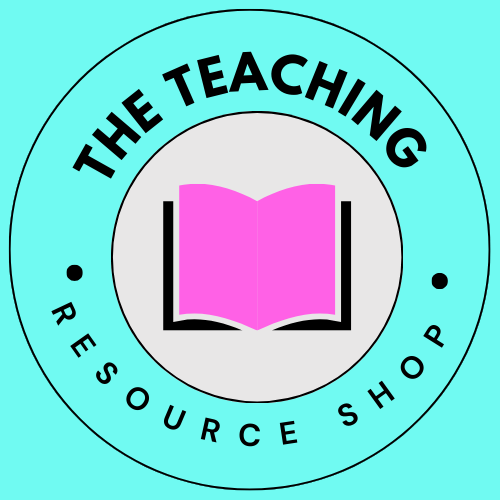What Are The Aspects Of Managing Learning?
Managing learning involves various aspects that contribute to effective education and skill development. From planning and organization to assessment and feedback, each element plays a crucial role in optimizing the learning process.
First and foremost, setting clear learning objectives is essential. These objectives outline the desired outcomes and provide a roadmap for both learners and educators. They help in structuring the curriculum, selecting appropriate resources, and designing instructional strategies.
Creating a conducive learning environment is another vital aspect. It involves establishing a positive and inclusive atmosphere that encourages active participation, collaboration, and critical thinking. Providing access to necessary resources, such as textbooks, technology, and supportive materials, also contributes to an enriched learning environment.
Effective time management is equally important. Developing a well-structured schedule ensures that sufficient time is allocated to different subjects or topics, allowing for a comprehensive understanding of each. Additionally, managing time efficiently helps learners develop good study habits and avoid last-minute cramming.
Assessment and feedback are fundamental components of managing learning.
Regular evaluations, both formative and summative, help gauge learners' progress and identify areas that require further attention. Constructive feedback not only highlights strengths and weaknesses but also provides guidance for improvement.
Lastly, fostering a growth mindset and promoting lifelong learning are integral to managing learning. Encouraging learners to embrace challenges, persist in the face of setbacks, and cultivate a passion for continuous learning prepares them for success in an ever-evolving world.
In conclusion, managing learning encompasses several aspects, including setting objectives, creating a supportive environment, managing time effectively, conducting assessments, and promoting a growth mindset. By addressing these aspects thoughtfully, educators can enhance the learning journey and empower learners to reach their full potential.


